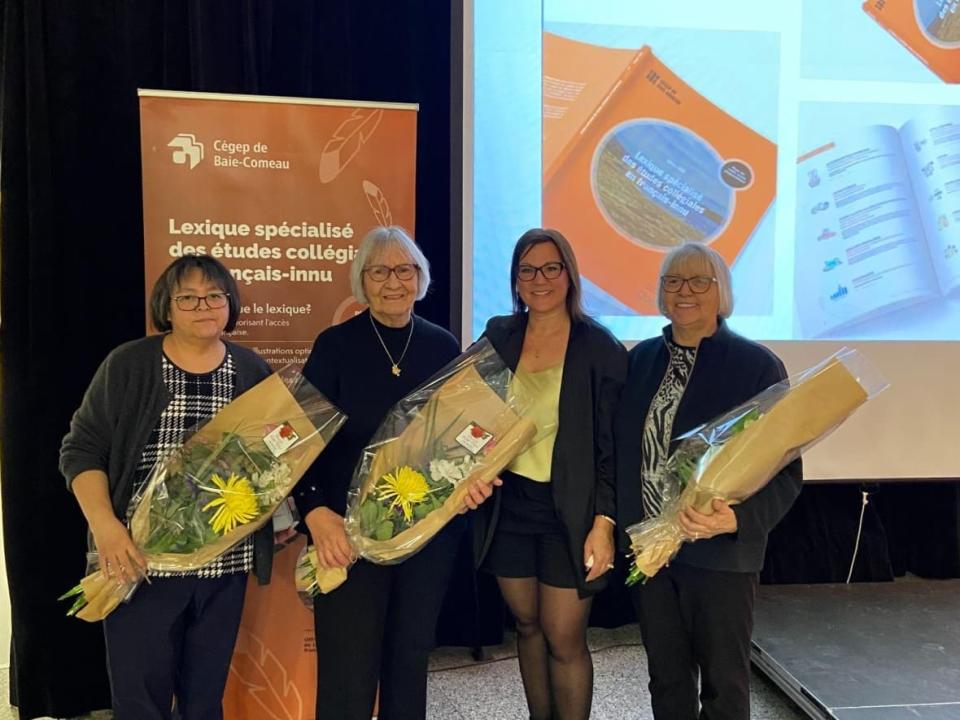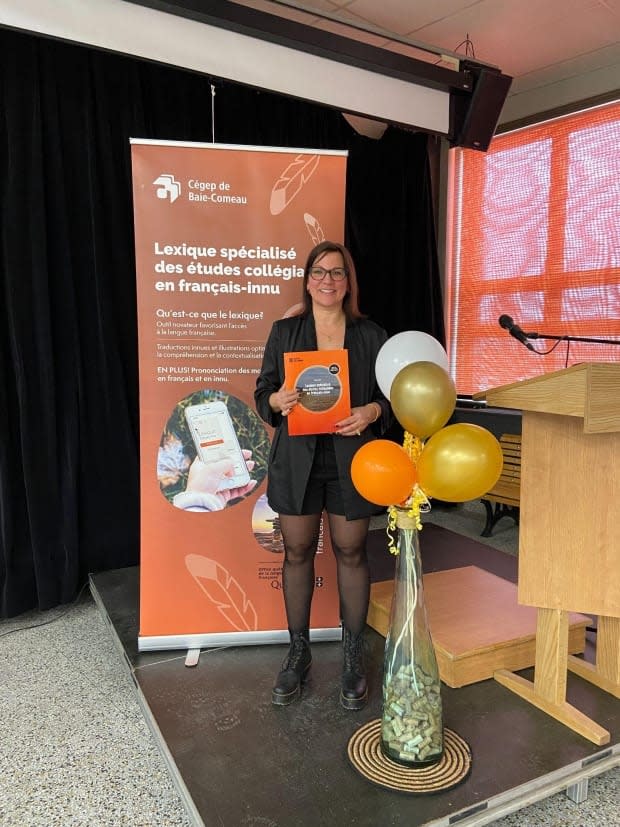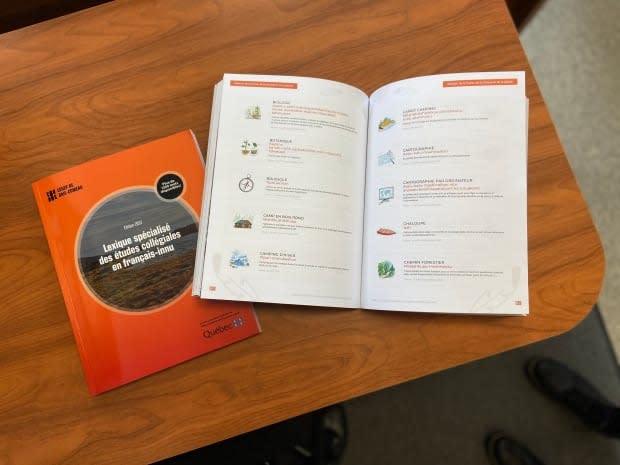The Translation Centre for the Bodies of the European Union (a.k.a. the Translation Centre) is putting a number on it — how many pages translators and post-editors should produce per day.
(Post-editing machine translation, referred to variously as PEMT and MTPE, has become the industry standard and a skill in its own right.)
In a new, EUR 2.8m call for tenders, the Translation Centre establishes multiple framework contracts for translation and post-editing services provided by freelancers “working on their own equipment, but connected to the Centre’s IT environment.”
Due to the confidentiality of the documents to be translated and post-edited, only the translators named in the contract will be permitted to handle the work.
According to the call for tenders, “as a rule, each project will always be processed through Trados Studio by the Centre.”
Contractors will receive a package containing a bilingual file with MT proposals and any relevant translation memory suggestions. Their assignments include verifying “each and every segment, regardless of its status, and mak[ing] the necessary changes.”
The RFP distinguishes between light post-editing, which does not entail stylistic corrections, and full post-editing, which requires attention to detail in terminology and register.
All final deliverables must be usable as received, “without any further revision or correction by the Translation Centre’s services.”
Tenderers can propose a maximum of two translators for each lot and must demonstrate their individual experience translating and post-editing in the language combination.
Just how much experience does the Centre want? At least 500 pages on topics related to European affairs or public administration matters.
Translators Crunch the Numbers
The RFP states that a linguist working full-time should be able to translate 500 “standard” pages, or post-edit 800 pages, within six months. (The Centre estimates a standard page to include 1,500 characters, excluding spaces, in the source language.)
For the work handled through these framework agreements, the Centre “generally expects” one contractor to translate up to 10 pages daily; full post-edit up to 15 pages per day; or light post-edit up to 20 pages.
Slator Machine Translation Expert-in-the-Loop Report
60-page report on the interaction between human experts and AI in translation production, including AI-enabled workflows, adoption rates, postediting, pricing models.
Speaking with Slator, postediting trainer Enrico Antonio Mion pinned his own hourly output at 700 words for full post-edit and 1,000 words for light post-edit for a total of 5,600 or 8,000 words daily, respectively.
Bidders are required to submit a price offer, in Euros, per eight-hour workday for each lot — an interesting requirement considering the Centre’s estimates for services sought. With multiple units to consider, calculating rates can quickly become complex, and linguists turn to colleagues for advice.
In a January 2023 forum on translation marketplace ProZ, Belgium-based French – Dutch translator Lieven Malaise wrote, “I apply a MTPE discount of 30-40% and that still allows for my hourly income of 35 euros. I don’t lose money by practicing MTPE.”
Jo Macdonald, an Italian – English translator in Spain, said he was uninterested in “PEMT jobs paid at your hourly rate calculating 10,000 words/hour.”
English – Swedish translator Thomas Johansson wrote that in his three years of working “with EU translations,” PEMT jobs have increasingly replaced translation. “Linguists are expected to accept a 30% discount on their rates for such jobs,” he explained, adding that “in effect, my hourly income often came out to about 40% of what it should have been.”
In an April 2021 thread about hourly rates for PEMT, Spanish – English translator William Bowley recommended working backwards: “If you’re working with agencies, they’ll often have their own expectations of x words per hour, upon which you can then base your quote.”
Hourly rates for translation and editing, including PEMT, are a departure from the traditional per-word rate, which Japanese – English financial translator Matt Stanton identifies in his advice to freelancers as crucial to success.
“Never forget that you’re paid by the word – not by the hour,” he wrote in a 2021 LinkedIn post. “This gives you immense power, as your hourly income is in your hands.”
But English – Dutch translator Gerard de Noord neatly summed up the paradox in a comment in the April 2021 ProZ discussion.
“When you’re being paid per hour and your client tells you how many units you have to churn per hour, you’re not being paid per hour, you’re being paid per unit.”
Adblock test (Why?)
:quality(70)/cloudfront-ap-southeast-2.images.arcpublishing.com/tvnz/ZKM2OPXU6FB7FJCAYQRVZSTNB4.jpg)
/cloudfront-ap-southeast-2.images.arcpublishing.com/nzme/TWXZ4DKQPRB7PJXVXZZT5WZXY4.JPG)





